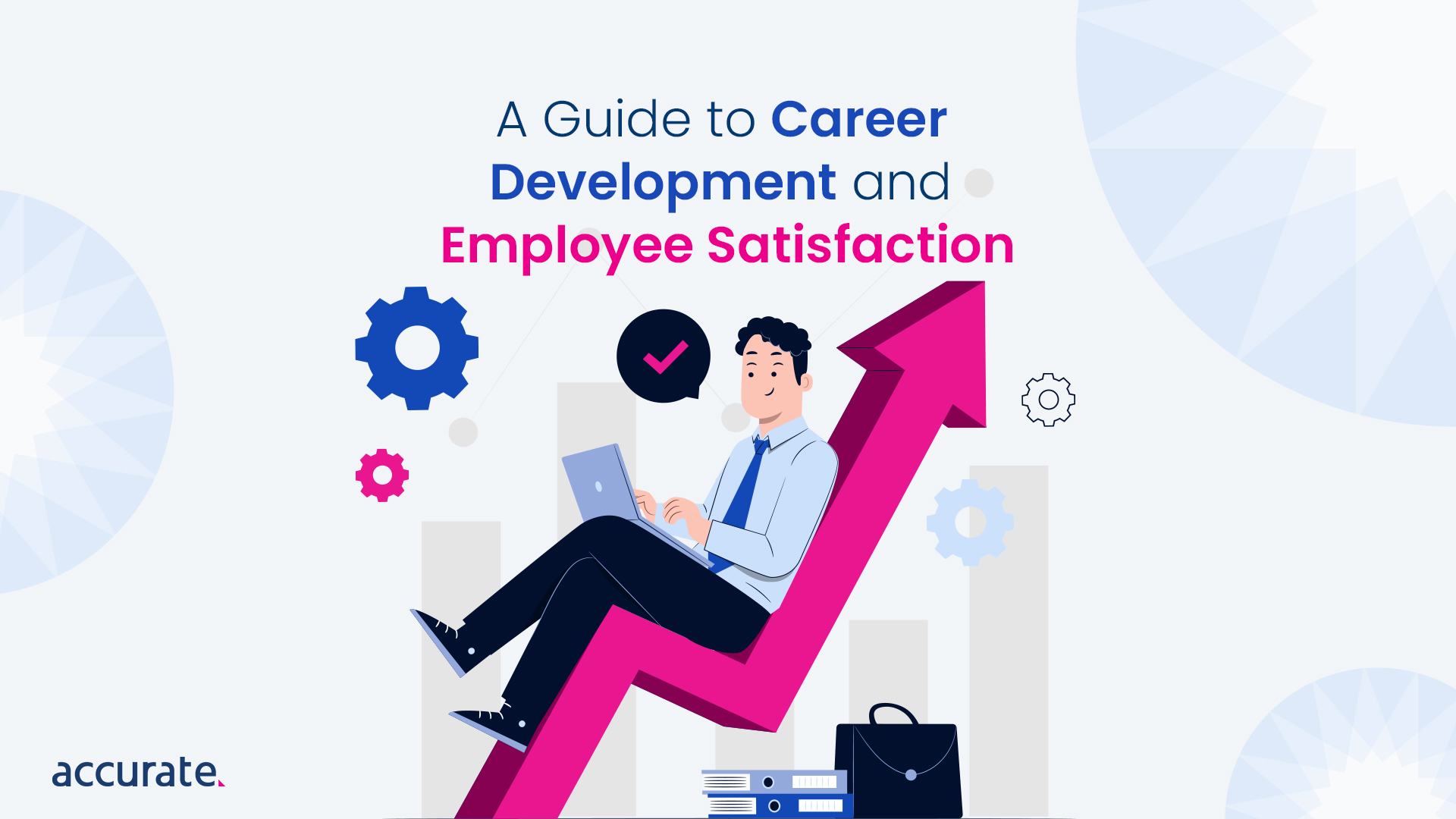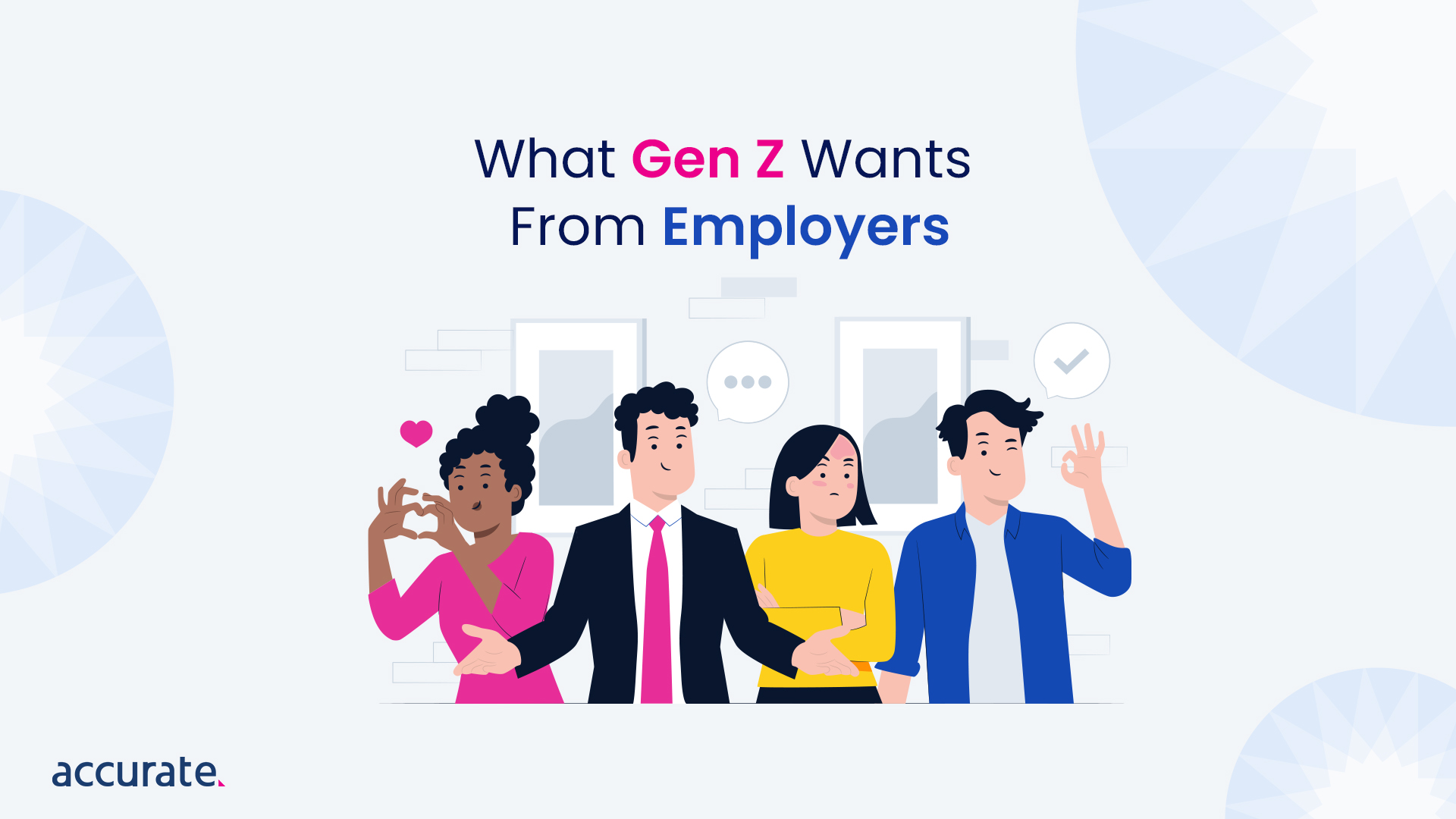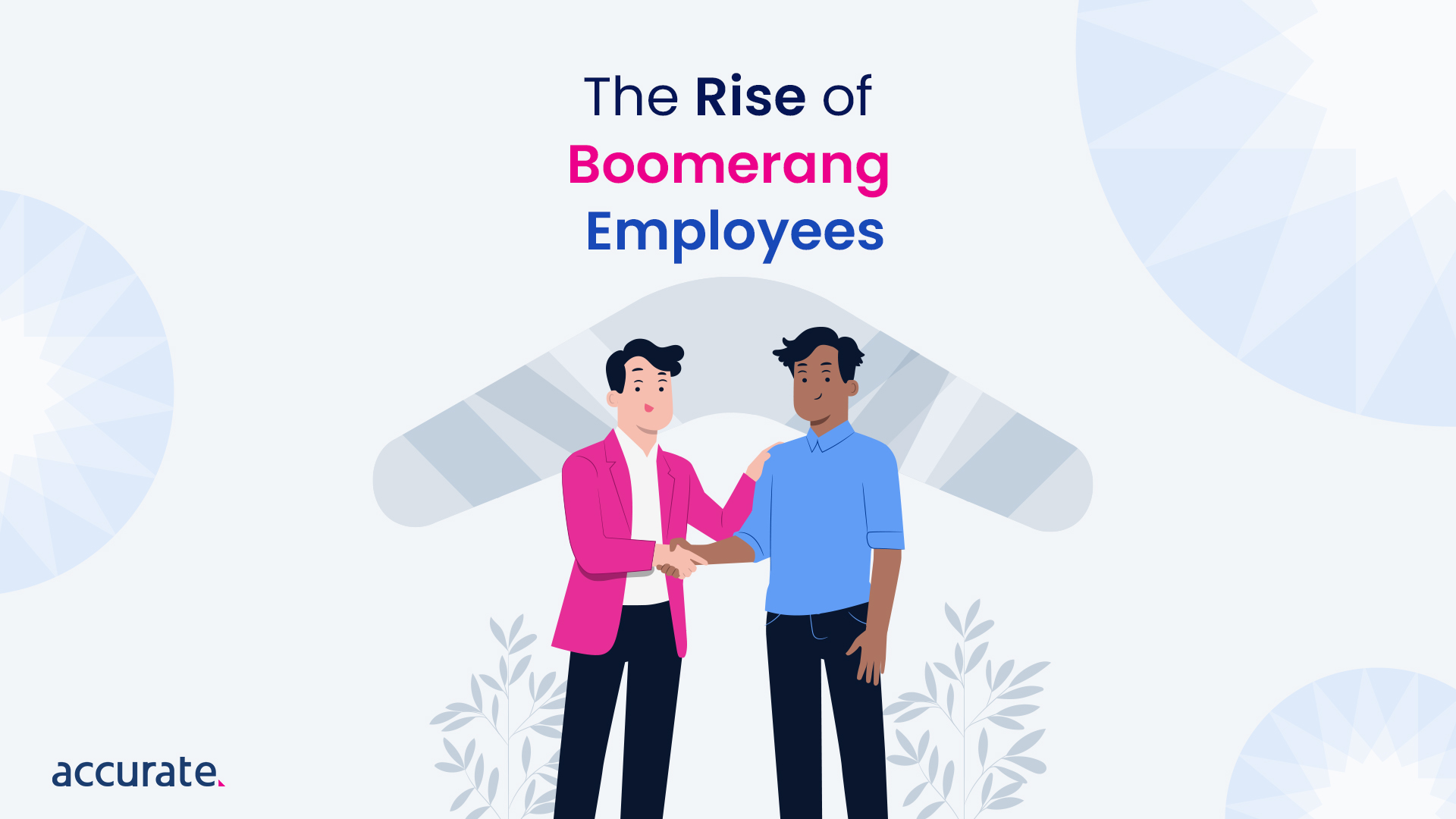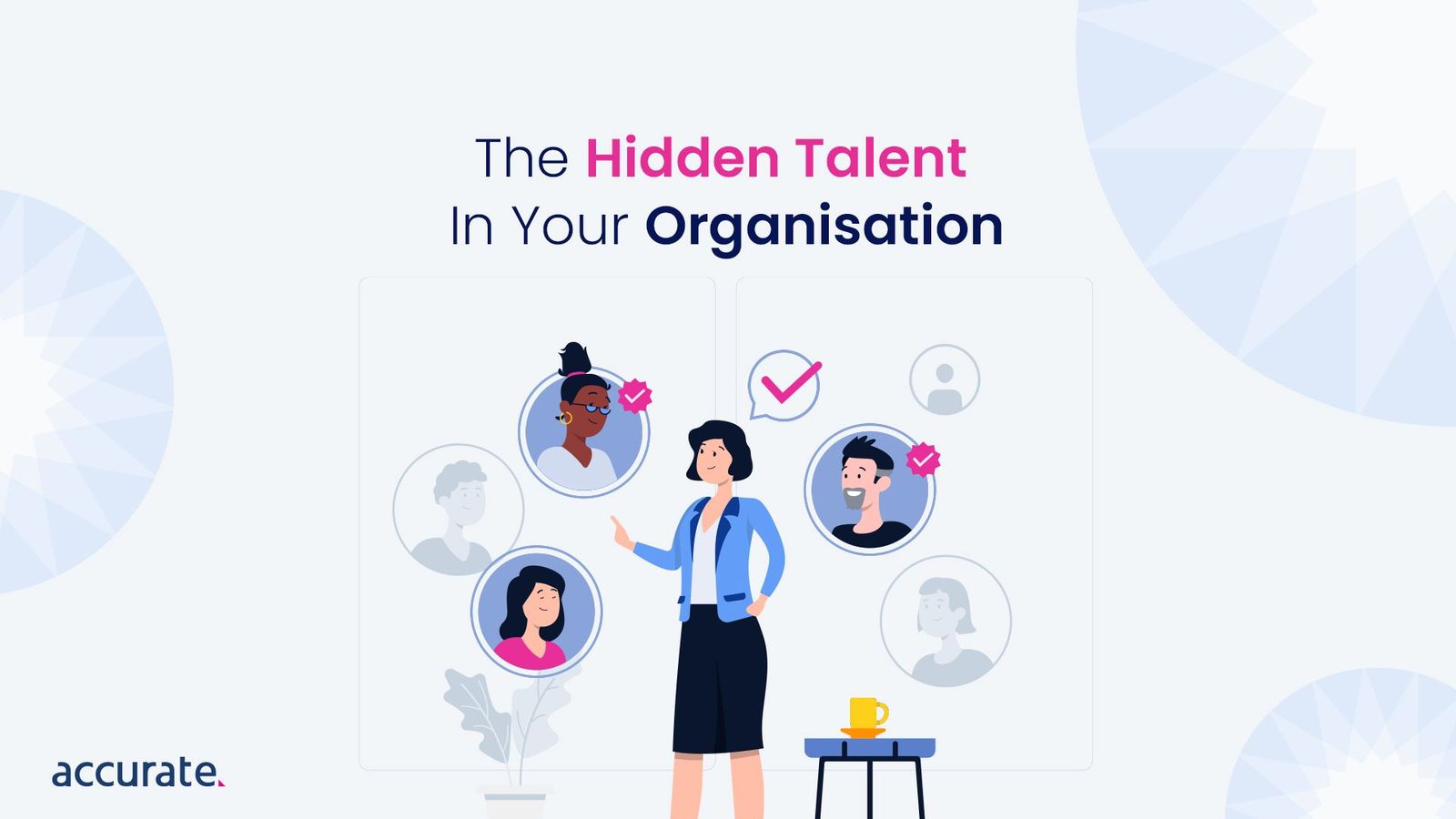Employee satisfaction is key to an organisation’s success. One of the key drivers of employee satisfaction is career development – the opportunities and support employers provide to help their people grow.
As a HR leader, understanding the link between career development and employee satisfaction will help you develop a motivated, loyal, and high-performing team. Invest in your people’s career development and it benefits not just the individual but the organisation as a whole.
Opportunities to grow and learn show you care about your people and their future. Your employees will likely have more job satisfaction, morale, and productivity, which will lead to an improved company culture.
So, in this blog post, we’ll examine the different aspects of career development and its impact on employee satisfaction.
What is Career Development
Career development is a continuous learning process, growth and progression throughout an individual’s working life. It includes training, mentoring and clear career paths, all contributing to an employee’s personal and professional development.
Training is a key part of career development. It provides employees with the knowledge and skills to perform their current roles well and prepares them for future responsibilities.
Training can take many forms:
- On-the-job training
- Workshops and seminars
- E-learning courses
- Conferences and industry events
Mentorship is another important part of career development. A mentor is an experienced professional who provides guidance, advice, and support to help their mentee navigate their career. Mentorship can be formal or informal and helps employees develop new skills, gain insight into the organisation, and build valuable professional networks.
Clear career paths are important so employees can see their organisational progression. By outlining the steps to advancement and the skills and experience required at each level, employers can help employees set goals and work towards their desired role.
In addition to these elements, career development also includes formal education opportunities, such as pursuing further degrees or professional qualifications. These show that an employer cares about its people and can lead to increased job satisfaction and loyalty.
Investing in career development benefits both the employee and the organisation. For employees, it gives them a sense of purpose, motivation and the opportunity to learn and develop.
For organisations, it means a more skilled, engaged and agile workforce better equipped to deal with an evolving business environment.
Career Development and Employee Satisfaction
The link between career development and employee satisfaction is well-proven. When employers invest in their people’s professional development, they show they value their input and are committed to their long-term success.
This in turn means increased job satisfaction and employee morale.
A 2023 study by the Victorian Public Sector Commission found that 60% of respondents felt their organisation supports them to learn and grow in their careers. Additionally, 66% of respondents reported feeling satisfied with their job, work-life balance, and career development.
The importance of career development in employee retention is further emphasised by recent research. A study highlighted that “improving talent progression and promotion process” and “effective reskilling and upskilling” are the top two factors influencing employee retention in Australia.
The connection between career satisfaction and mental health is also significant in the Australian context. Research has shown that employees with high career satisfaction report better mental health outcomes. This underscores the crucial role that career contentment plays in fostering an emotionally healthy workplace.
A national survey of Australian employees conducted by the Diversity Council Australia revealed that work-life balance and flexibility are among the top employment drivers. The study found that almost one in five employees (18%) had considered resigning in the last six months due to a lack of flexibility.
Furthermore, the survey highlighted that employees whose managers had caregiving responsibilities reported greater work-life satisfaction and access to flexibility
Real-life examples show the link between career development and employee satisfaction. Companies like Google, which has robust career development programmes, are consistently one of the best workplaces.
The tech giant offers a wide range of training and development opportunities, including workshops, mentorship programmes, and internal mobility options, which contributes to its high employee satisfaction rates.
Another example is Deloitte, a global consulting firm that has made career development a key part of its employee engagement strategy. Deloitte’s Career Connections program pairs employees with mentors and provides resources for career planning and skill development. As a result, Deloitte has seen increased employee retention and satisfaction rates.
So, prioritising career development means HR professionals and company leaders can create a positive feedback loop. Invested employees are more satisfied, engaged and productive which means better business outcomes and a stronger employer brand.
Benefits for Organisations
Investing in career development initiatives offers many benefits for organisations far beyond just employee satisfaction. By providing opportunities to grow and learn companies can increase productivity, and loyalty and reduce turnover.
A study by the Association for Talent Development (ATD) found that companies with comprehensive training programs have 218% more income per employee than those that don’t. They also have a 24% higher profit margin than those who spend less on training. This shows the direct link between training employees and financial performance.
Career development opportunities are also a powerful way to attract and retain top talent. A report by LinkedIn found that 94% of employees would stay with a company longer if it invested in their career development.
Offering effective career development programmes can give organisations a big advantage in recruiting and retaining the best employees in a very competitive labour market.
Career development promotes and contributes to a positive company culture and increased employee engagement. When employees feel their employer is committed to their growth and success, they are more likely to be engaged in their work and aligned with the company’s goals.
For example, a study by Quantum Workplace found employees who receive regular career development are 15% more engaged than those who don’t.
Remember, a well-developed workforce is better equipped to adapt to change and take on new challenges. When employees are continuously upskilled and reskilled, organisations can create a culture of innovation and agility and stay competitive in a changing business environment.
In summary, taking part in career development for organisations means:
- Increased productivity and profit
- Ability to attract and retain top talent
- Improved employee engagement and company culture
- Greater adaptability in the market
Why Background Screening Matters
Involving employees in career development is a big ask that requires time, resources, and trust. To ensure these initiatives are well placed and the right people are being supported, you need a foundation of trust and integrity within the organisation.
This is where background screening comes in.
Background screening helps HR professionals and company leaders decide who to hire and invest in for career development. Thorough checks verify a candidate’s qualifications, experience and credentials to ensure they have the right skills and expertise to contribute to the company’s success.
Background screening can also highlight potential red flags such as criminal records or discrepancies in employment history which may indicate a lack of integrity or trustworthiness. By identifying these issues early on organisations can avoid investing in people who don’t align with the company values or who may pose a risk to the company’s reputation or security.
Background screening also plays a big role in maintaining a safe and secure work environment. Regular checks on existing employees, especially those in sensitive or high-risk roles, can identify any new issues that may arise, and organisations can take action to mitigate the risk.
Key Takeaways
- Career development is a continuous process of learning, growth and advancement that includes training, mentoring and clear career paths.
- Investing in career development increases job satisfaction, employee morale, and engagement, as it shows that an employer is committed to their employees’ growth and well-being.
- Organisations that invest in career development get higher productivity, lower turnover and a competitive edge in attracting and retaining top talent.
- Background screening is key to ensuring that career development investments are well placed, the right people are being supported, and a culture of trust and accountability exists.
As an HR professional or company leader you know the importance of career development and how to implement it.
To ensure your organisation makes informed decisions about who to invest in and has a foundation of trust and integrity, consider partnering with Accurate Background. We offer full background screening solutions to help you verify a candidate’s qualifications, identify risks, and make informed hiring decisions.
Get in touch today to find out more about how we can support your career development and overall business.



